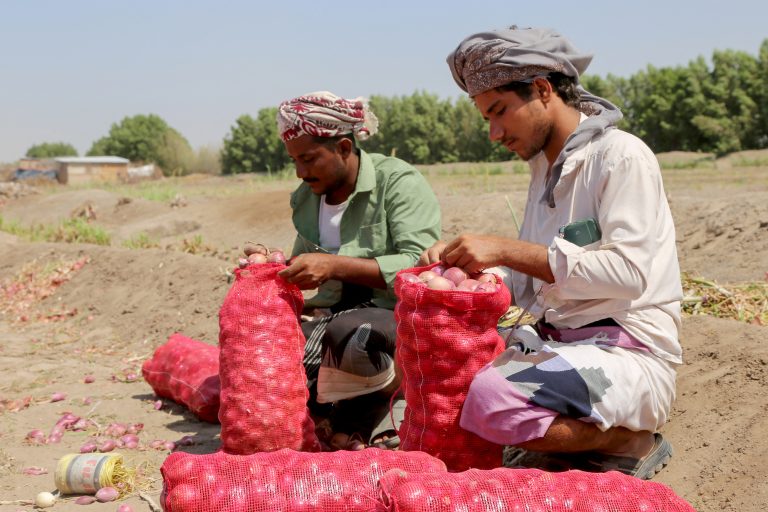São Paulo – Impacted by an ongoing civil war, Yemen faces a halt in oil exports, and its growth is estimated to have contracted by 2% in 2023, as per a report made public by the International Monetary Fund (FMI) on Thursday (2). Oil exports have been halted since the attack on oil facilities nearly two years ago.
According to an IMF team who conducted a mission in Jordan from late April to early May with the Yemeni authorities, oil exports represented more than half of the government’s revenues, and its loss is estimated to have widened the fiscal deficit to 4.5% of gross domestic product in 2023, adding to pressures on reserves and the exchange rate.
Despite declining global food prices, inflation remained high in Yemen, and the humanitarian situation remains difficult with 17 million people facing food insecurity. Disbursements of the Gulf Cooperation Council (GCC) support package and stable remittances have been mitigating factors.
Read more:
Commodity prices exacerbating economic crisis in Yemen
Yemen brings honey, millenary history to Expo 2020
The IMF warns that in 2024, Yemen’s already fragile situation could be exacerbated by regional tensions, and an escalation of the Red Sea tensions could adversely affect economic activity through trade and financial channels, and lower external support including humanitarian assistance.
Yemen’s reforms
Despite that, the team, led by Joyce Wong, says the authorities remain steadfastly committed to reforms, including further aligning multiple exchange rates for government transactions and refining the FX auction system. Amid high uncertainty, though, the mission urged the further acceleration of fiscal reforms, including improving revenue administration while enhancing expenditure reprioritization and control.
Translated by Guilherme Miranda




